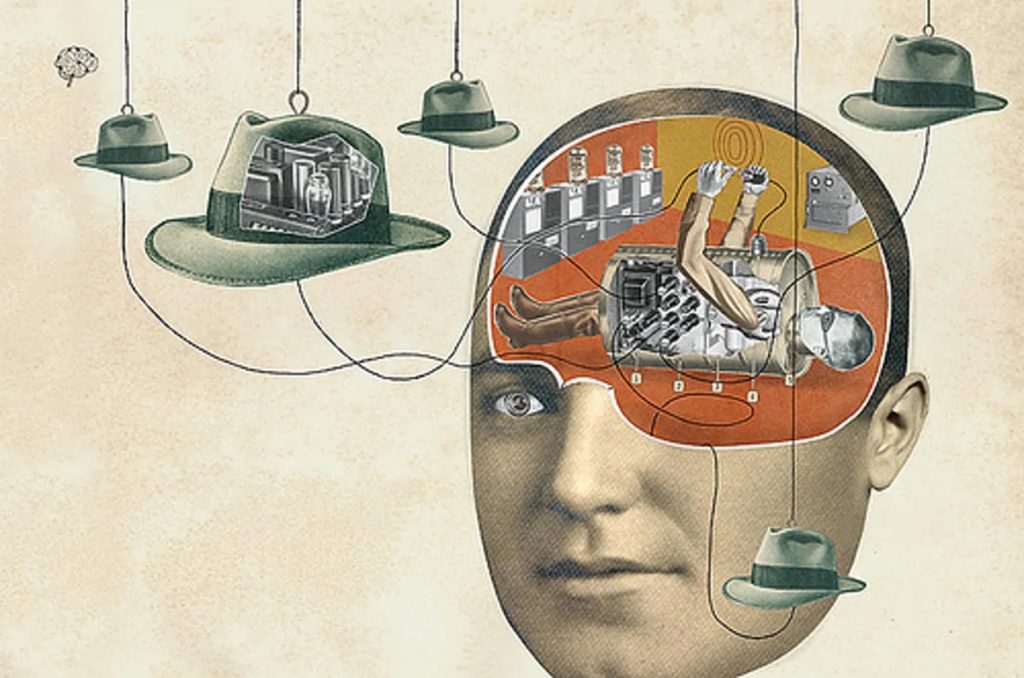Written by Ben Davies
Personal autonomy is the guiding light of contemporary clinical and research practice, at least in the UK. Whether someone is a potential participant in a research trial, or a patient being treated by a medical professional, the gold standard, violated only in extremis, is that they should decide for themselves whether to go ahead with a particular intervention, on the basis of as much relevant information as possible.
Roger Crisp recently discussed Professor Gopal Sreenivasan’s New Cross seminar, which argued against a requirement for informational disclosure in consenting to research participation. Sreenivasan’s argument was, at least in its first part, based on a straightforward appeal to autonomy: if autonomy is what matters most, I should have the right to autonomously refuse information.
I have previously outlined a related argument in a clinical context, in which I sought to undermine arguments against a putative ‘Right Not to Know’ that are themselves based in autonomy. In brief, my argument is, firstly, that a decision can itself be autonomous without promoting the agent’s future or overall autonomy and, second, that even if there is an autonomy-based moral duty to hear relevant information (as scholars such as Rosamond Rhodes argue), we can still have a right that people not force us to hear such information.
In a recent paper, Julian Savulescu and I go further into the details of the Right Not to Know, setting out the scope for a degree of compromise between the two central camps.
Read More »Compromising On the Right Not to Know?





